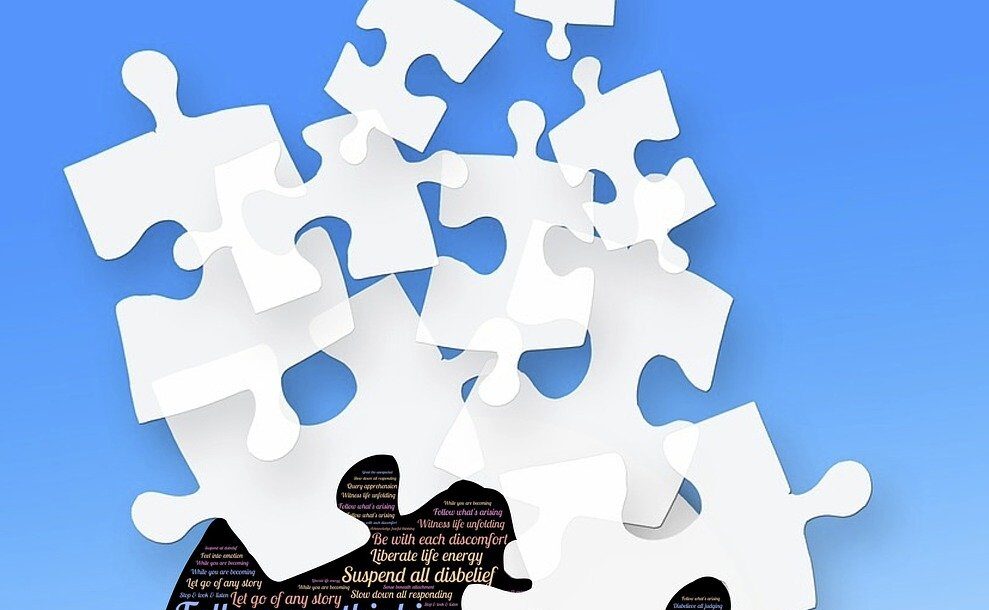Jealousy is an emotion we all experience at some point, whether it’s sparked by a friend’s success, a partner’s attention, or an opportunity someone else receives. It’s a natural human reaction to feelings of insecurity, fear, or inadequacy. However, when left unchecked, jealousy can fester and transform into something more destructive—hate. Hate can tear apart relationships, damage our mental health, and prevent us from living authentically. The key to preventing jealousy from evolving into hate lies in healing and understanding the emotion before it grows too strong.
Why Does Jealousy Happen?
Jealousy often arises when we feel threatened or insecure about something we value, whether it’s our relationship, achievements, or self-image. It’s not just about comparing ourselves to others but often about questioning our own worth. The emotion reflects a fear of loss, of being left behind, or not measuring up.
For example, imagine a colleague receives a promotion you’ve been hoping for. You may feel a pang of jealousy, but it’s not just about them—it’s about how you perceive your own professional journey. Do you feel inadequate? Are you questioning your own abilities? That’s where jealousy starts.
The Dangers of Unaddressed Jealousy
While jealousy is a common emotional reaction, failing to address it can have serious consequences. Left unchecked, jealousy can spiral into resentment, bitterness, and, eventually, hatred. Here’s how this shift happens:
- Internalized resentment: When jealousy isn’t addressed, it can start to eat away at your emotional well-being. You may begin to hold grudges or develop negative thoughts about the person you feel jealous of.
- Perpetuating negative thought patterns: When you allow yourself to fixate on jealousy, it leads to unhealthy thought cycles. These thoughts may grow more intense, and the jealousy may feel like it’s beyond your control.
- Damage to relationships: If jealousy isn’t dealt with, it can destroy friendships, partnerships, and even professional relationships. It creates walls between you and others, making it harder to connect and trust.
- Harm to self-esteem: Failing to address jealousy often leads to lower self-esteem. You begin to focus on what others have rather than appreciating what you bring to the table.
How to Heal Jealousy Before It Turns Into Hate
Healing jealousy is all about self-awareness, reflection, and compassion. Here are steps to stop jealousy in its tracks and prevent it from turning into hate:
1. Acknowledge the Emotion
The first step in healing jealousy is to acknowledge it without judgment. Often, we try to suppress negative emotions, but denying jealousy only gives it more power. Instead, recognize it for what it is—an emotional reaction that stems from a deeper insecurity or fear.
Ask yourself:
- Why am I feeling jealous?
- What am I afraid of losing?
- Do I feel inadequate in some way?
By identifying the root cause, you can start to address the underlying issues rather than the surface-level emotion.
2. Practice Self-Compassion
Jealousy often highlights areas where we feel insecure about ourselves. Instead of criticizing yourself for feeling jealous, practice self-compassion. Understand that everyone experiences jealousy at times, and it’s part of being human. Treat yourself with kindness and understanding, just as you would treat a friend who felt the same way.
3. Shift Your Focus to Gratitude
One of the best ways to heal jealousy is to shift your focus from what you lack to what you have. Jealousy often stems from the belief that someone else’s success diminishes our own. In truth, there is enough success, love, and opportunity for everyone. Take time to focus on your own strengths, achievements, and blessings.
Gratitude helps change your mindset and opens you up to seeing possibilities rather than limitations.
4. Reframe Your Thoughts
Challenge the negative thoughts that fuel jealousy. When you find yourself comparing your situation to someone else’s, ask:
- What are the facts here?
- What can I learn from this situation?
- How can I improve my own circumstances?
By reframing your thoughts, you shift the focus from competition to personal growth.
5. Talk It Out
Sometimes, sharing your feelings with someone you trust can help you process jealousy. Expressing your emotions in a healthy way can provide relief and prevent them from building up into resentment. Whether it’s a close friend, a partner, or a therapist, talking it out can help you gain perspective and feel understood.
6. Take Action
Jealousy often arises from feeling stuck or unfulfilled. To prevent jealousy from turning into hate, take action toward your own goals. Use the energy you feel from jealousy to motivate yourself to improve, grow, and achieve your own dreams. By focusing on your personal progress, you’ll find that you have less time and energy to compare yourself to others.
How My Therapy Can Help
If you find that jealousy is a recurring issue in your life, or if it’s beginning to affect your relationships and self-esteem, my Growth Healing Therapy can help. Together, we can explore the underlying causes of your jealousy and work on healing those emotional wounds. Through compassionate exploration and personalized strategies, we’ll rebuild your sense of self-worth and help you embrace your unique journey.
Healing jealousy is a powerful way to break free from emotional cycles that hold you back. By addressing jealousy before it turns into hate, you can foster healthier relationships, stronger self-esteem, and a more fulfilling life.
Take the first step toward healing today.




Leave a Reply